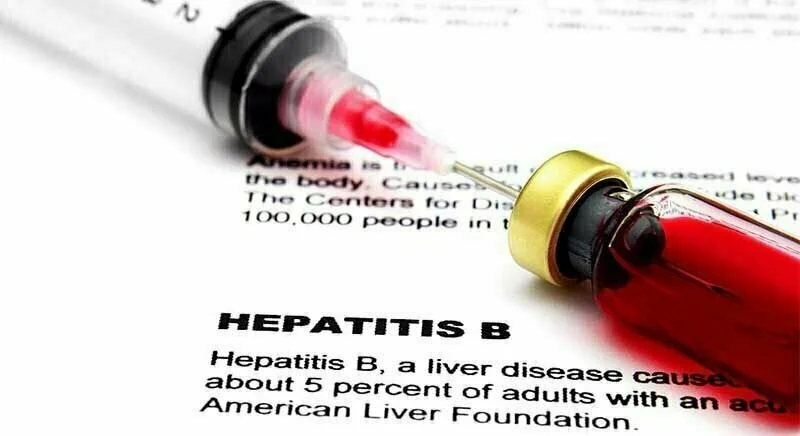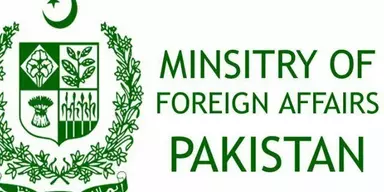There are five main hepatitis viruses, referred to as types A, B, C, D and E. Hepatitis A and E. Hepatitis B is a most dangerous because it is a “silent infection” that can infect people without them knowing it. Hepatitis B quietly and continuously attacks and damage the liver over many years without being detected. World Health Organization (WHO) has rated Pakistan as 2nd Country in the world having high rates of chronic infections.
In international health circles, Pakistan has been declared a “Cirrhotic State” because 3% of all population of Pakistan has been infected with hepatitis B. But according to one report, Meta-analysis from the previous studies showed that the prevalence of hepatitis B was between 3-4%. However, 20% population of Punjab and Sindh is infected with hepatitis B.
Causes
In Pakistan, hepatitis B viral infections mostly spread due to:
- Transfusion of unscreened blood.
- Transfer through shared or re-used needles.
- Improper sterilization of invasive medical devices used in surgery and other internal examinations of the patient.
- Reuse of syringes by health care providers for common ailments.
- Transfer from an infected mother to her newborn baby during delivery.
Symptoms of Hepatitis B
A person is diagnosed with chronic hepatitis B if they test positive for hepatitis B virus for longer than 6 months. Chronic hepatitis B infection may stay with the person for a lifetime.
Preventions and Treatment
Hepatitis B has very effective vaccines. For “chronic” hepatitis B, like in other advanced countries in Pakistan there are several approved drugs which slow down the virus and reduce potential liver damage. Most infected adults are able to get rid of hepatitis B virus without any problems. However, some adults and most infected babies and children are unable to get rid of the virus and will develop chronic infections. In rare cases, they may even get rid of the virus completely.
WHO Pakistan supports for hepatitis
Pakistan should take necessary steps to control the spread of Hepatitis in the Country. WHO Pakistan has mobilized resources to strengthen national efforts in controlling disease transmission in the general population since its inception in 2005 and helping the program in the following areas.
- WHO helped information of Technical Advisory Group on Hepatitis in Pakistan. The TAG is now notified by the Ministry of NHRC.
- Developed national guidelines for infection control.
- Normative guidance on prevention, testing and treatment of Hepatitis B and C.
- Technical assistance in developing national guidelines on treatment and surveillance.
- Provision of blood screening kits to blood banks.
- Injection safety equipment to all health facilities in 25 targeted districts of Pakistan. We are also working in pilot tertiary care hospitals such as Jinnah Post Graduate Karachi and Benazir Bhutto hospital Rawalpindi and DHQ hospital Gujrat to strengthen their injection safety and hospital waste management.
- Training of health care providers on treatment, prevention, infection control, hospital waste management and surveillance.
- We are also working to increase the awareness of masses on Hepatitis transmission and prevention in 25 targeted districts of Pakistan.
- We have procured conventional interferon worth 450,000 USD to be given to selected treatment sites in the country.















